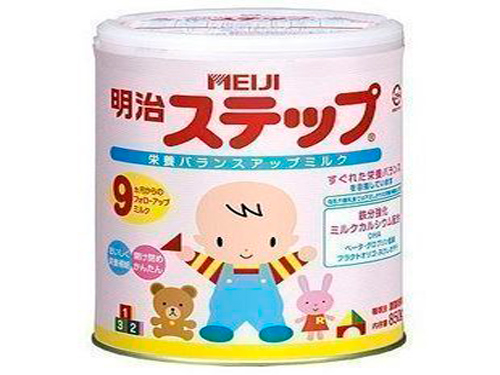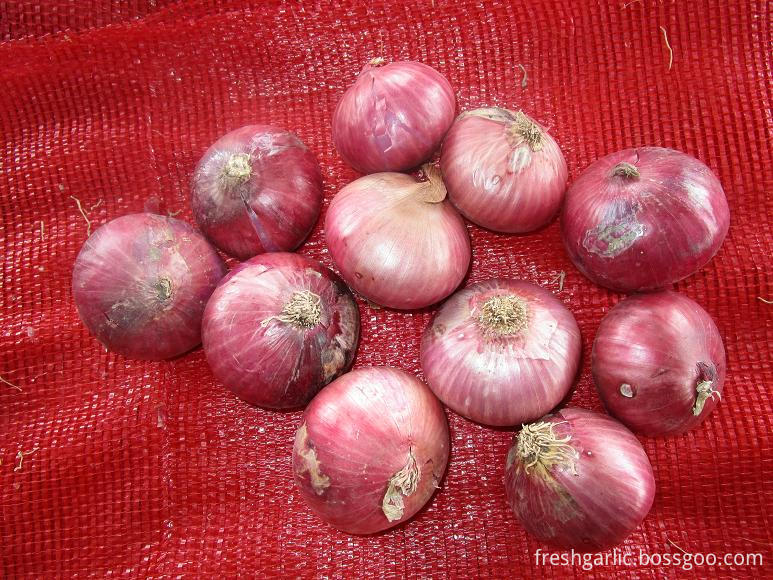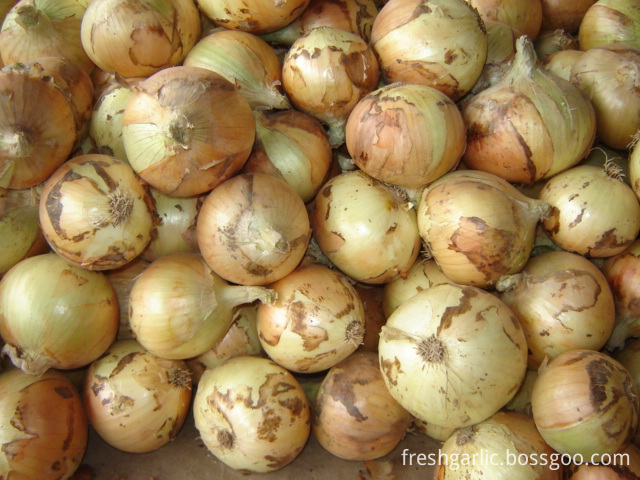 On March 15, 2011, on the fifth day after the earthquake that took place in Japan, when a friend called, Zhou Xiaotian thought of buying milk powder quickly. Zhou Xiaotian has a half-year-old daughter who had been drinking Japanese-made Meiji (October-September) milk powder.
On March 15, 2011, on the fifth day after the earthquake that took place in Japan, when a friend called, Zhou Xiaotian thought of buying milk powder quickly. Zhou Xiaotian has a half-year-old daughter who had been drinking Japanese-made Meiji (October-September) milk powder. But when Zhou Xiaotian logged in to Taobao, he discovered that a Meiji Shopping Service had already been out of stock. The shopkeeper told Zhou Xiaotian that because of the earthquake, the number of people buying Meiji milk powder in these two days surged and the milk powder in the store just sold out. Since then, Zhou Xiaotian has inquired a number of Taobao shops, finally found one, was informed that only 4 cans of inventory, Zhou Xiaotian did not hesitate to take down.
Because of the trust in the quality of Japanese products, parents like Zhou Xiaotian purchase Japanese milk powder through various channels. However, after the earthquake, coupled with fears of nuclear radiation, they fear that the Japanese milk powder that the children eat for a long time will be in short supply and even contaminated. As a result, milk powder has become the concerted action of many parents.
Is it the manufacturer, trader or consumer that is helping to fuel this new wave of milk powder buying?
Before buying Japanese powdered milk, Japanese brands of milk powder circulating in the Chinese market include Meiji, Snowprint, Guli Fruit, Wako-do and Morinaga, among which Meiji sold the most.
On March 15th, as one of the major sales channels of Japanese milk powder in China, the online shopping service store, basically stated that its sales of Meiji milk powder (including paragraphs 1 and 2) were already out of stock, and only a few more were left. Goods, but also said that there is little inventory.
"The main reason is that there are too many people rushing to buy powdered milk for two or three days!" says a shopkeeper who specializes in Japanese milk powder. The Meiji milk powder segment (6-36 months) sales records of an online shop showed that Meiji sales volume was about 20-40 cans per day before March 11. From March 12th, the number of purchases soared. To more than 60 cans, all the way soared. As of March 15th, as of 5pm, the order quantity for the day has reached 120 cans. Moreover, before each order was generally around 2-4 cans, but after the earthquake, milk powder orders often reached 8 cans or even 16 cans.
In addition to online shopping, buying Japanese milk powder in Hong Kong is also the choice of many parents in China, and once triggered an upsurge of buying milk powder in Hong Kong. After the earthquake in Japan, Hong Kong’s milk powder buying wave re-intensified.
A clerk at a pharmacy in North Point, Hong Kong, told reporters that due to the tight supply of the Japanese powdered milk market, such as Meiji, the pharmacy has no longer accepted the order. Prior to this, the pharmacy had been accepting the scheduled business of Meiji milk powder, which was generally picked up 2-3 days after the booking.
In Hong Kong Watsons and other supermarkets, there have been related restrictions on purchases because of previous storms. In spite of this, Japanese brands of milk powder have been basically out of stock. A Watsons clerk told reporters that there is still a small amount of spot Meiji section, the second paragraph has been out of stock. Others include Guli Fruit and other brands, and the second segment is also completely out of stock. And half a month ago, relatively expensive Japanese brands of powdered milk and other brands of milk powder were more abundant in these supermarkets.
Is it not true that the import of Japan's unrecovered milk powder from Japan is as expected because the factory was affected by the earthquake and caused insufficient supply?
"This disaster has no impact on Japanese dairy production." On March 15, Meiji Dairy Trading (Shanghai) Co., Ltd. said. On the same day, the marketing department of Dalian Wanlin Trading Co., Ltd., the general agent of Wako Lighting in China, said that the factory of Wako Lighting in Japan has not been affected much, and there has not been a large area. Because of the damage to the raw material base, there may be 1-2 single products affected, but all have nothing to do with milk powder.
However, Meiji and Dalian Wanlin told reporters that since April last year, after the foot-and-mouth disease in Japan, AQSIQ and the Ministry of Agriculture issued a joint announcement on April 30 last year to prohibit the direct or indirect import of cloven-hoofed animals from Japan. And its products, including Japanese milk powder.
The aforementioned Wanlin trader said that before the earthquake, the industry had already been discussing about the restoration of Japanese milk powder. In general, Japan will report that the foot-and-mouth disease has subsided. Then the WHO will send a notice to China. The Chinese government considers the implementation of thawing at its discretion. "Everybody was expecting, but now the earthquake has come and it is difficult to say when it can be restored." The person of Wan Lin trade said that because of the obstruction of formal channels, "Japan imports" currently circulated on the domestic market did not go through customs. Inspection and quarantine.
Meiji said that not all products sold by Meiji through its trading company in China had been produced locally by Japan. Among them, Jane's children (0-12 months) and Zhen Aibao (6-36 months) originated from Japan; Zhen children (over 3 years old) and pregnant women originated from Australia. After the ban, only cherished children and pregnant women's milk powder are still being sold and have been stable.
Purchasing business: price increases but it is these informal channels to enter the Japanese milk powder, it is the main force that is being snapped up.
Although Meiji and other companies all claim that production is not affected, but also said that logistics and other factors will cause the product to a certain degree of tension. “At present, the domestic highways in Japan are impacted, and it is certain that priority will be given to ensuring the delivery of disaster-relief materials,†said Dalian Wanlin’s source. In addition to poor logistics and consumer buying, there is a more invisible reason for the shortage of Japanese milk powder – dealers are selling goods.
A shop owner told reporters privately that many buyers are out of stock now is false, and the stock is true. "It's just stockpile, because Meiji has a price for a day."
According to the sales records of the above-mentioned online shop Meiji Section 2, before March 12th, the price of one can of Meiji Second Section milk powder was still 143 yuan. On the 12th, the price rose to 150 yuan and on the 13th it was 155 yuan. 160 yuan, the price has been rising every day for several days, and changed more than two times. As of March 15, the price of milk powder has soared from 215 yuan that day to 250 yuan.
We are committed to deliver high quality standards Fresh Onion with outstanding services.At present our fresh onion have been sold to all over the world and have received high recognitions from the customers. The most important elements for our success are reasonable price, prompt delivery, good service and the customer loyalty. In one word, customer`s satisfaction has always been our primary objective.
1. Commodity name: Fresh Onion
2. Feature: Natural color, Thick and full skin, No stain and soil on outer skin, Firm and no rotten.
3. Size: 3.0-5.0cm, 5.0-7.0cm, 7.0-10cm
4. Variety: Yellow Onion and Red Onion


Fresh Onion
Fresh Onion,Dried Onion,Yellow Fresh Onions,Fresh Red Onions
JINING FORICH FRUITS & VEGETABLES CO., LTD. , https://www.forichgarlic.com